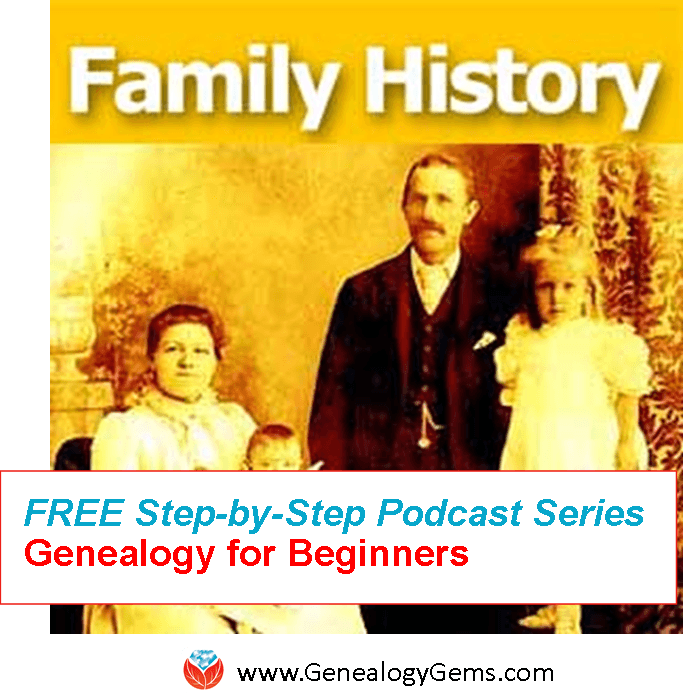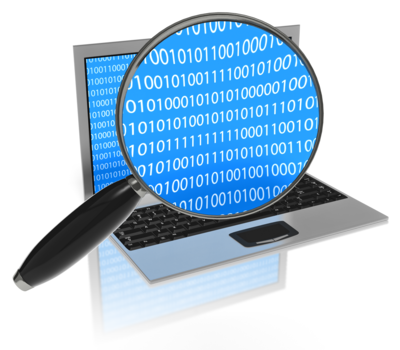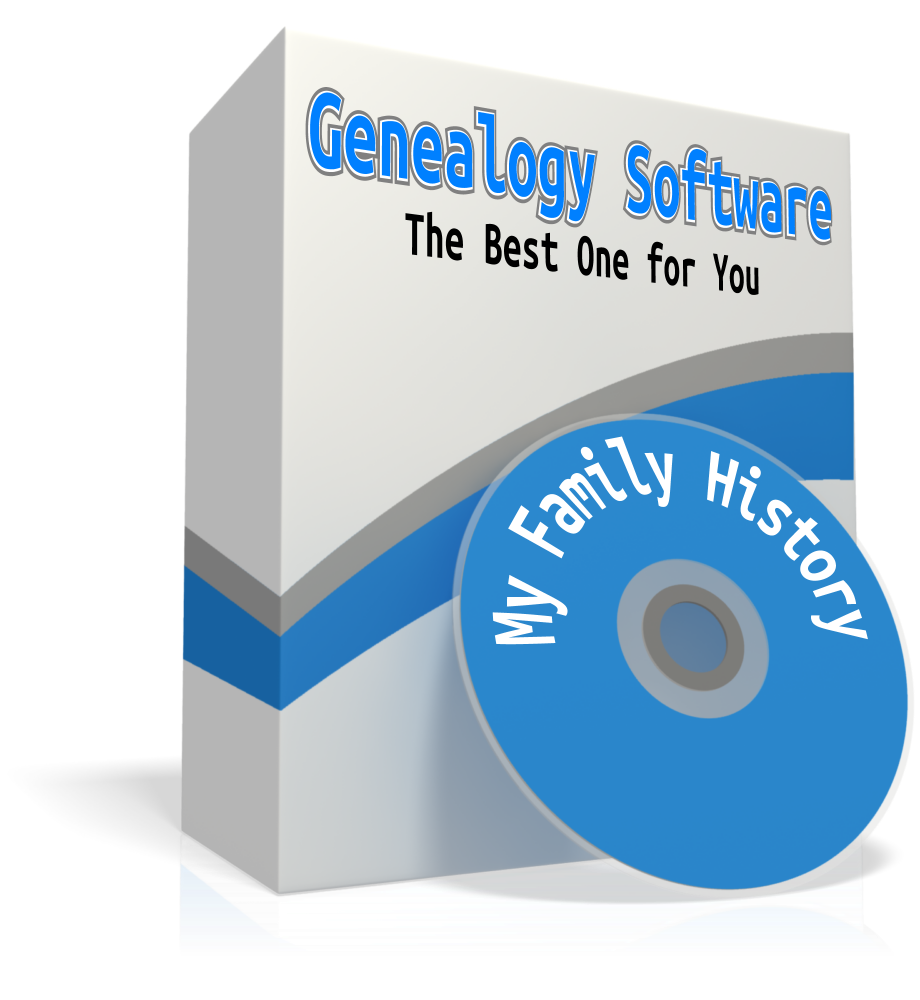Blog

Family History Episode 22 – Legend Seekers: A Genealogy TV Classic

Listen to the Family History: Genealogy Made Easy podcast by Lisa Louise Cooke. It’s a great series for learning the research ropes and well as refreshing your skills.
Originally published 2009. Republished March 11, 2014
[display_podcast]
Download the Show Notes for this Episode
Welcome to this step-by-step series for beginning genealogists—and more experienced ones who want to brush up or learn something new. I first ran this series in 2008-2009. So many people have asked about it, I’m bringing it back in weekly segments.
Episode 22: Legend Seekers: A Genealogy TV Classic
Did you ever catch the PBS documentary Legend Seekers? It aired in 2009 and is now classic genealogy TV. Executive producer Ken Marks joins us on this episode of the podcast. He talks about the unique approach of this show for its time: the family history stories he brought to life were from everyday folks (not movie stars or rock stars) who have some very extraordinary stories in their family tree. Ken talks about the Lively Family Massacre in Illinois, which he recreates in the show, and how he went about helping the TV execs understand the mass appeal of the show.
Then Ken talks about the genealogical serendipity that he has his crew found themselves tapping into throughout the production. That’s something we can all relate to! So sit back and enjoy this sneak peek behind the scenes of a genealogy television classic.
Updates and Links
Legend Seekers: The Legend of the Lively Family Massacre was meant to be a pilot in a new series. The series didn’t pan out but the show was nominated for a regional Emmy award in the documentary category, received two Telly Awards (2008) and the Award of Superior Achievement from the Illinois State Historical Society, according to a press release posted at Eastman’s Online Genealogy Newsletter. Click here to watch Legend Seekers: The Legend of the Lively Family Massacre.
Other genealogy TV shows you might enjoy:
Finding Your Roots with Henry Louis Gates, Jr.

Longtime Family History Mystery Solved Online
 Everyone’s families have a little bit of mystery in their past–or a lot!
Everyone’s families have a little bit of mystery in their past–or a lot!
TheBlaze.com recently posted this great story about a woman who was able to solve a longtime family history mystery by posting it online at Metafilter.com, a crowd-source blog. She posted this query:
“In my grandmother’s final days battling brain cancer, she became unable to speak and she filled dozens of index cards with random letters of the alphabet. I’m beginning to think that they are the first letters in the words of song lyrics, and would love to know what song this was. This is a crazy long shot, but I’ve seen Mefites [other site users] pull off some pretty impressive code-breaking before!” Then she posted the “code” from one of the cards.
Within 15 minutes someone solved part of the puzzle: a section of the code was the first letters of the prayer from the New Testament, “Our Father who art in heaven, hallowed be thy name….”
Have YOU ever been faced with indecipherable notes left behind by a family member? What family history mystery do you wish an online community could help you solve? Share this on the Genealogy Gems Facebook page and leave your answers.
Best Genealogy Software: Which Should You Choose and Why
 Just about every major genealogy website these days lets you build your family tree from scratch right on their website. But you may wonder what will happen to millions of carefully-constructed trees if the company goes out of business or the site goes down.
Just about every major genealogy website these days lets you build your family tree from scratch right on their website. But you may wonder what will happen to millions of carefully-constructed trees if the company goes out of business or the site goes down.
Before the days of internet genealogy, researchers organized family history findings on their home computers in specially-designed software. These programs generated .GED files (called GEDCOMs), a universal file type that allowed researchers using different software to share their findings. Software like this still exists. These days it can communicate your research to any genealogy sites you care to share with–by using those same GEDCOM files.
If you do choose to build your family tree online, make sure you can download your tree anytime as a GED file. Keep this file as a backup both on your computer and in a second location (like cloud storage). But my recommendation is to build your tree at home, in your own software. Then you can upload or synch your data to your favorite genealogy websites whenever you want–and you never lose control of your research.
Choosing the Right Software
There are lots of family history programs out there, and all of them will serve your basic needs. But you only need ONE. What’s the best genealogy software? It depends on how much you want to spend and how sophisticated you want your database to be. In many cases, you can order the product or purchase a digital download. I really don’t think you need the physical boxed product. All the help you need is online. All of these products offer a free demo that you can download to try it out before you buy.
FREE AND EASY: Family Tree Builder by MyHeritage helps you stay organized with streamlined screens to work in and doesn’t require a lot of startup time. Family Tree Builder offers lots of family history charts; custom reports; helps you share your data and pictures on a CD or DVD; allows you to back up your files to CD or DVD; and includes genealogy apps for mobile devices. Download the software FREE at the above link.
PC (and NOW MAC) OPTION WITH GREAT REPORTS: If you’re looking for great printed reports that you can share, and loads of free online help videos, then RootsMagic is a great choice. (and we are honored to have RootsMagic as a sponsor of The Genealogy Gems Podcast.) And they now have an iOS app.
Some of the differences you’ll find between these products is the types of reports and charts they produce. So if that’s important to you, you can try the demos and see which you like. But again, I really don’t think you can go wrong with any of these products. They are all well established and supported. (Update: There have been many updates since the post was first published, including a Mac version. Click here for a series of article by date on RootsMagic updates and their app.)
POPULAR PC AND APP PROGRAM: Legacy Family Tree is also an extremely popular program and solid choice. To give it a test run, download the free version. Then check out its strength in regards to source citations: you can now record the quality (original vs derivative, primary vs secondary, etc., direct vs indirect) of each source as you work on proving your conclusions. And they have an app called Families for your mobile device. Learn more about the app here.
AFFORDABLE MAC OPTION: iFamily for Leopard is the most affordable at $29.95. There’s a free demo you can try before you buy.
TOP-SHELF MAC OPTION: Reunion 11 by Leister Pro is fairly pricey at $99.00. We’ve featured Reunion in the past: listen to Episode 51 of The Genealogy Gems Podcast. In that episode you can listen to a review of Reunion 9 by Ben Sayer, the MacGenealogist. And if you want to compare iFamily against Reunion to see what you’re getting for your money, you can also listen to Ben’s review of iFamily in Genealogy Gems episode 53.




